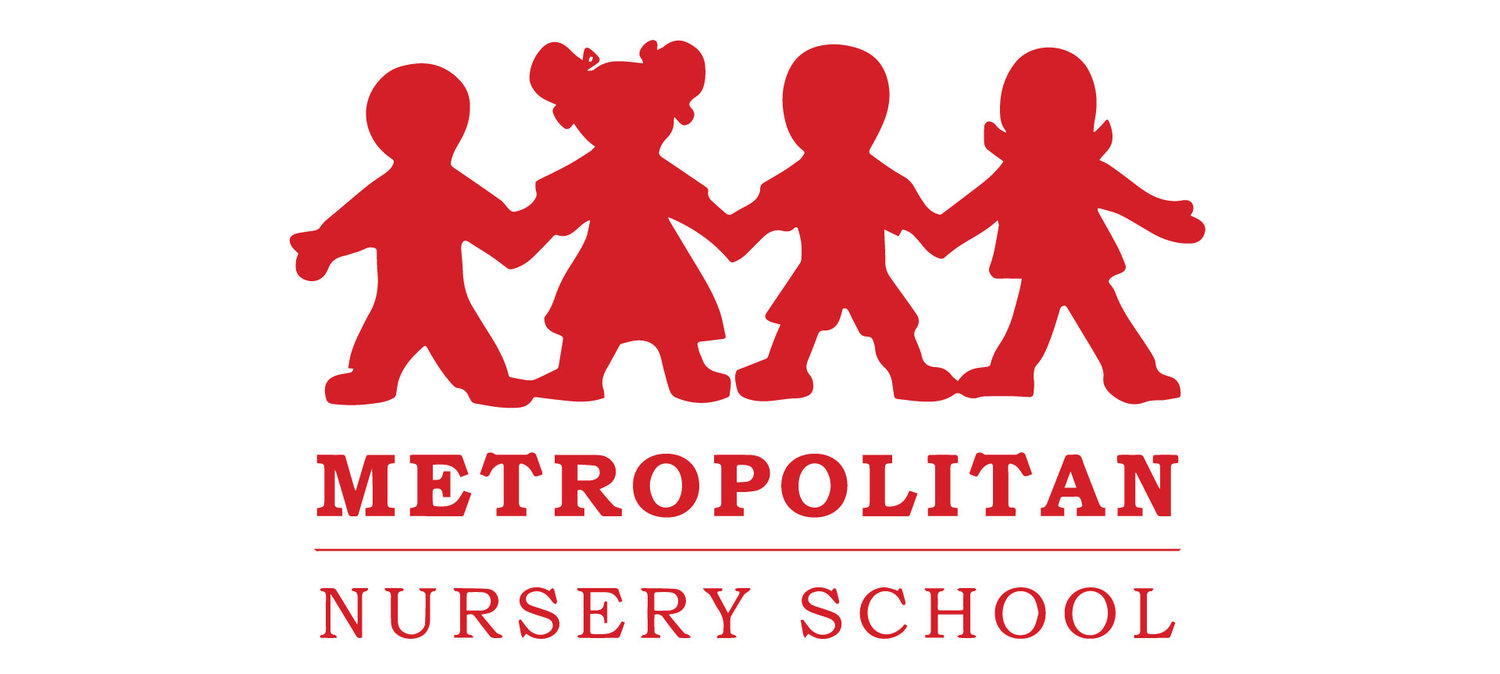Meghan Leahy, a local parenting coach and contributor to the Washington Post On Parenting section, was recently asked about how much a 3-year-old should be “learning”. I believe the mom was talking specifically about academic learning rather than general growth, and Meghan’s response, as always, is worth the read. It also brings me to write about the purpose of preschool “education”.
Numerous studies have shown that high quality early-childhood education is beneficial to later growth but few have talked about what defines quality. We can agree that schools should be knowledgeable in development, and help children meet milestones, or recognize when they aren’t. We agree that schools should be safe spaces, where children learn to trust the teachers and are comfortable among their peers. Beyond that, the variety in curriculum and purpose is vast. It can be hard to distinguish the factors that make for quality early-learning. There are lots of environmental factors you could look for to see that a setting is a place “made” for children. But for this post, I am going to talk specifically about the purpose of an early childhood education experience---and, perhaps, not surprisingly, it does not include teaching children the A-B-Cs.
I believe that quality early childhood experiences should be setting the stage for lifelong learning. Children’s earliest school experiences should be largely focused on creating environments that allow children to be themselves and participate, so that the teachers can observe how they learn and grow. In turn, the teacher will share what they observe with parents to make sure parents know what works best for their child in a school-setting. Knowing what circumstances set your child up for learning success (and failure) is extremely useful in making sure a school is a good fit for your child.
Additionally, all school experiences should be preparing you and your child for what is coming next. In addition to ensuring your child is growing and learning appropriately for his/her developmental level, schools should prepare your child for upcoming transitions and new schools. The BEST way preschool teachers can prepare your child for the next step is to really know your child, and to know your family’s intentions. Some children will have different paths forward: Metropolitan sends children to many schools when they leave us. While our teachers know what skills children need to master and the milestones they should hit given their age, knowing where they are headed over the summer, next year, or after Metropolitan can help teachers have meaningful discussions with you about how you can support your child.
By the time your child enters elementary school, you should have some good insight from your child’s teachers about how your child learns and grows and what settings maximize their growth potential. All children can learn and grow and, the right setting can enhance their capacity for growth and learning. What setting is “right” will vary based on the child—your teachers should be a resource for helping you recognize that setting for your child.
